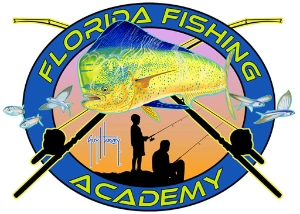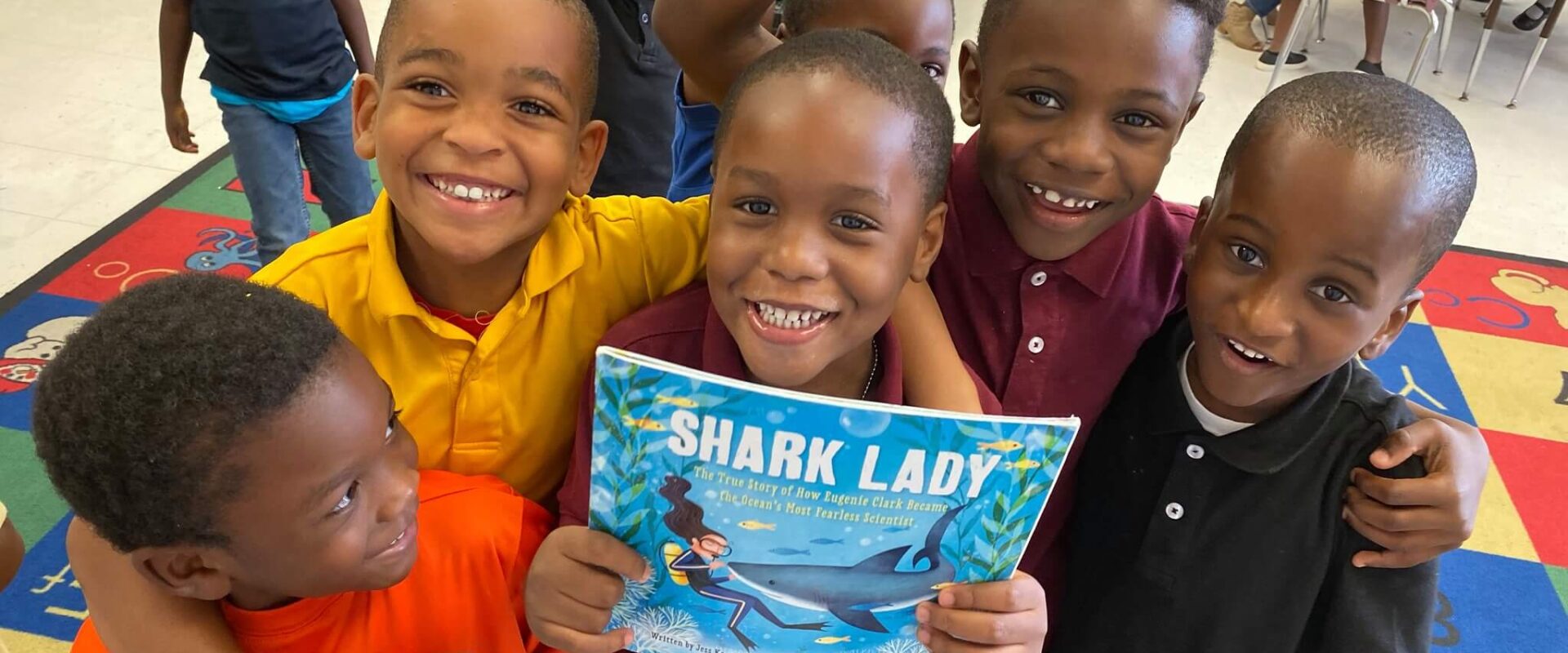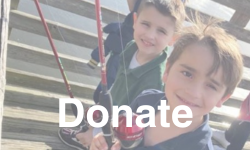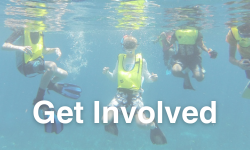Introducing Kids to the Marine World
Despite living within a few miles of the coast, most children in FFA are riding a boat or swimming in the ocean for the first time. This marine program for schools helps us bring the ocean to their doorstep.
About the Program
An introductory course with in-class and outdoor lessons and field trips.
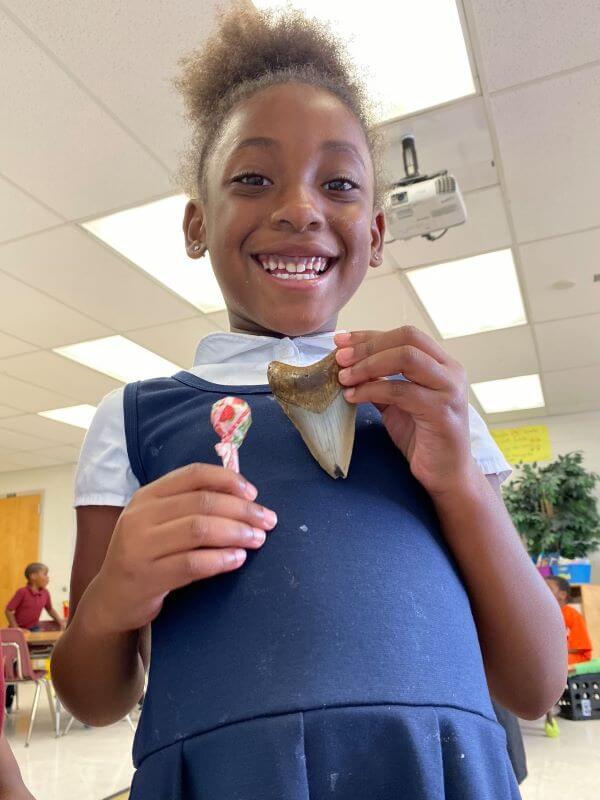
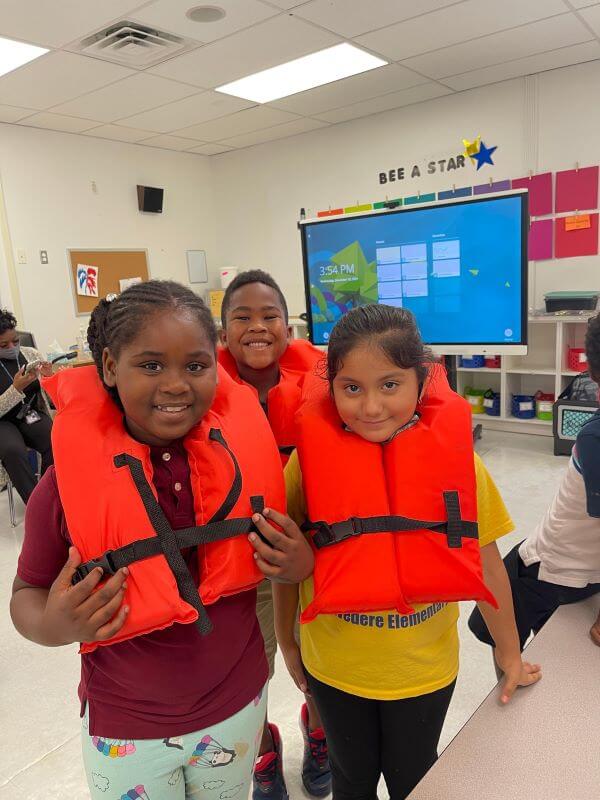
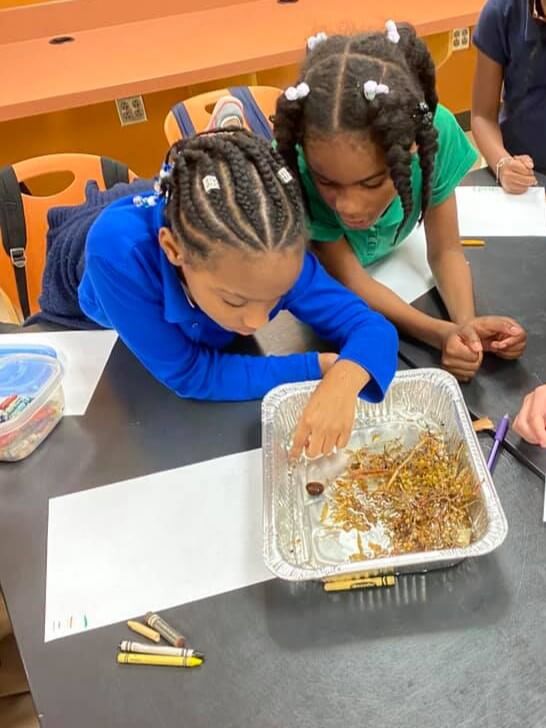
Outcome
Our marine programs introduce fishing, swimming, boating safety, wildlife and conservation awareness. Kids take part in STEAM-related activities, as well as those addressing social and emotional learning (SEL) and mindfulness skills.
Shown outcomes include enriched skill development and prosocial behavior, with improved academic performance, increased school-day attendance and on-time grade promotion.
Each student will engage in hands-on lessons with opportunities for problem-solving, team building, emotional management and confidence building.
Audience
Elementary, middle and high school students at local schools or youth programs.
Format
Sessions are in class and outdoors.
Each class of 15 to 25 students receives 12 one-hour sessions. For summer programs, each site will receive 6 hours of classroom learning and 6 hours on a field trip.
Each site can choose one of these field trip options:
- Field trip 1: Students and their chaperones will depart from the Marine Center docks and boat to various snorkeling or fishing locations off the shores of Palm Beach County. They will take lessons on or near the water at the Riviera Beach Marina, Munyon Island or Peanut Island.
- Field trip 2: Students will explore local lakes and canals while walking to spots for freshwater fishing—a very popular trip for younger students.
- Field trip 3: Students will explore biology in a squid or fish dissection in the classroom.
Activities Included
- Introduction to fishing, swimming, and boating
- Lessons on water and boating safety
- Hands-on conservation education
- SEL and mindfulness skills
Contact us for more information.
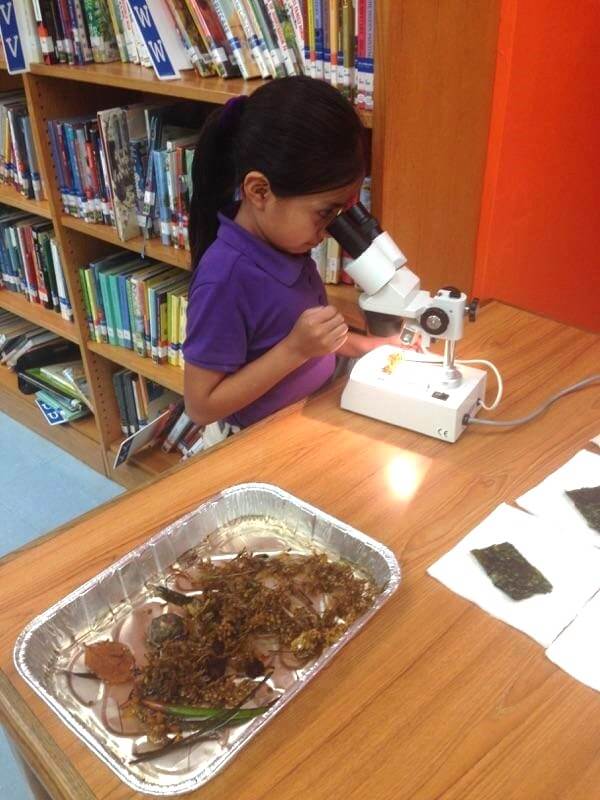
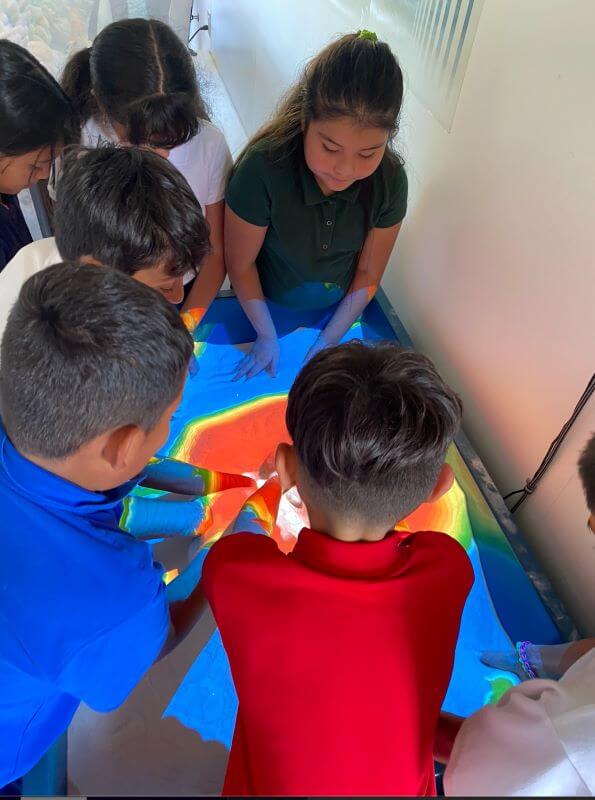
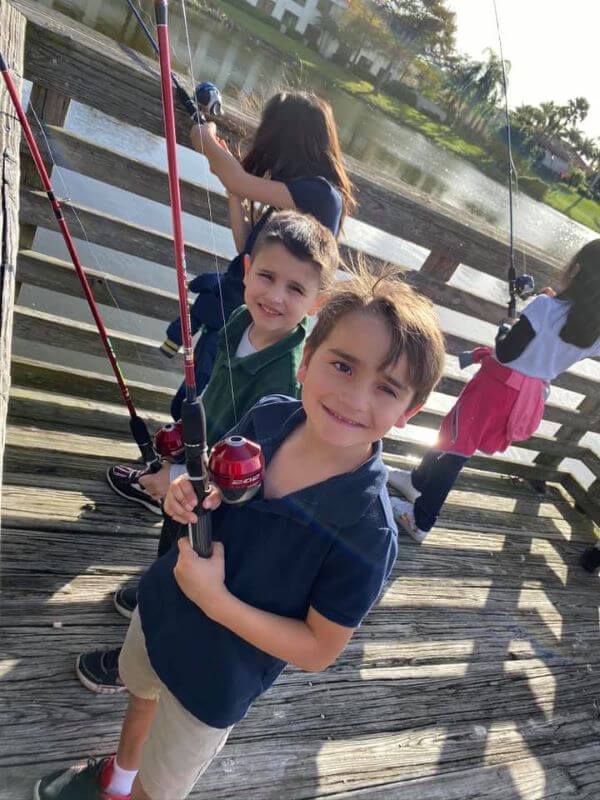
Learn How You Can Make a Difference
